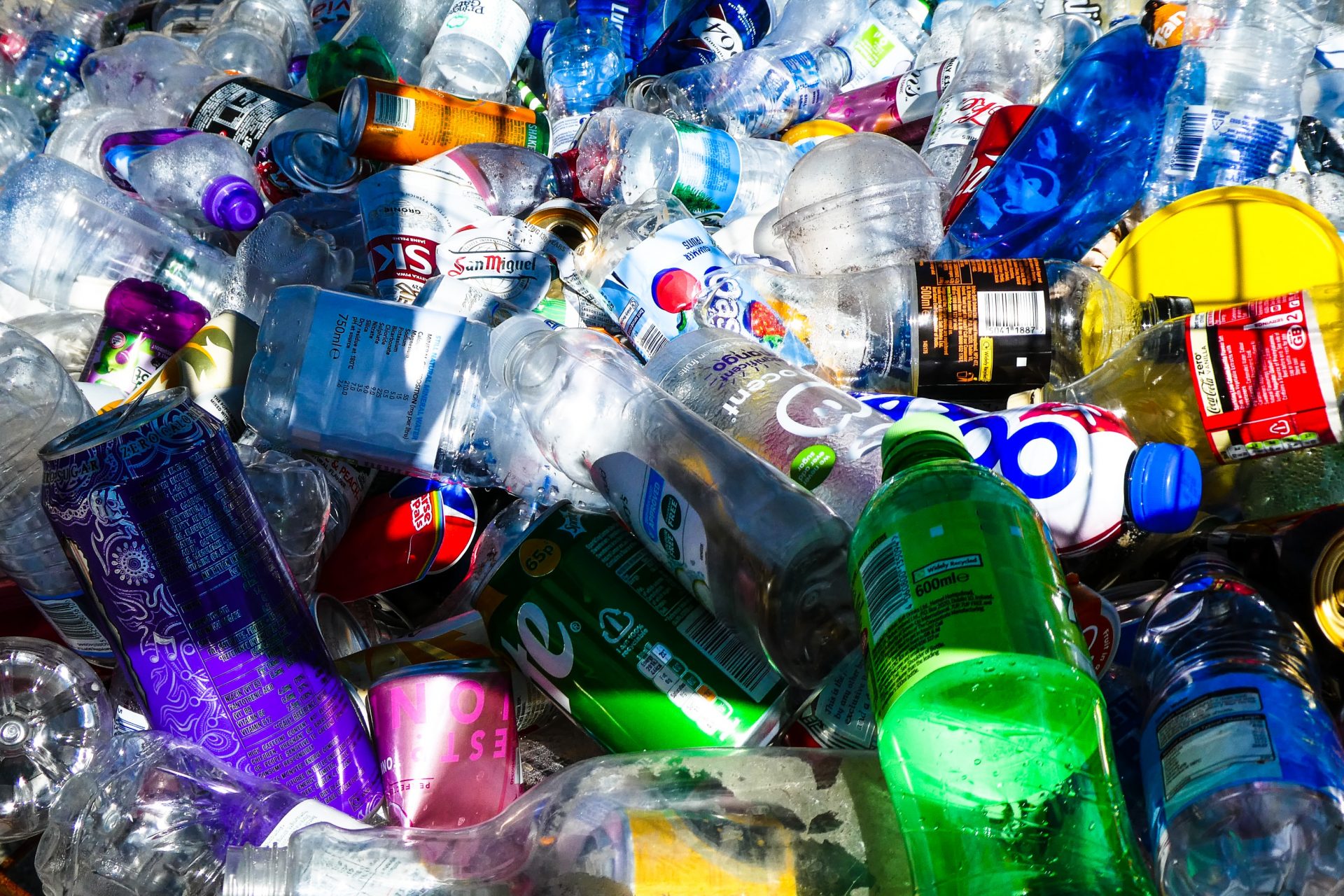The recent Managing Plastic Waste conference in London featured several expert industry speakers and was attended by a broad spectrum of retailers, manufacturers, and non-governmental organisations.
It was fascinating to hear about the various efforts of organisations like Abel & Cole and NHS Scotland to be more sustainable and it was great to be joined by industry professionals who all care about the same thing: our planet.
One of the topics discussed by the experts was the upcoming packaging legislation that will impact the UK. Extended Producer Responsibility (EPR) and Plastics Packaging Tax were discussed including the financial impact of this legislation. Some commentators estimate that EPR will cost affected organisations as much as ten times what they currently pay to comply with the UK Packaging Compliance system. With these financial implications, there will invariably be concerns about how to ensure accuracy with data collection. However, with the packed agenda, there was very little discussion, conscious or otherwise, about this challenge.
Concerns around data management
I got the sense from the attendees in the room that there is trepidation when it comes to the data requirements for EPR. We’ve had the PRN system in the UK for over 25 years and there are still companies getting used to calculating their data for the annual submission! In future, obligated companies will have to report on new information categories such as composites and components.
Terms like “eco-modulated fees” probably sound quite scary to someone responsible for packaging data as a smaller part of their main role.
I spoke to a few delegates who all said the same thing; that they wish they had a system that could give them confidence in their global packaging data.
Trevor Yong, Aura
The looming issue of poor packaging data is therefore incredibly pertinent. Can an organisation afford to get its EPR data wrong? Is it commercially acceptable to make a best guess at this packaging data? Even more important is the ethical question: why is EPR being introduced? Ultimately, it’s to motivate companies to take more responsibility for the packaging that they are placing on the market and to make conscious, informed decisions on which materials to specify and what to reduce.
Ditching the spreadsheets
An organisation accepting that it can control its packaging and minimise its environmental impact through redesign is the start. However, a robust and continuously updated packaging dataset is needed to allow organizations to even begin considering the changes needed.
It will be incredibly challenging to use a spreadsheet due to the sheer complexity and breadth of data required. Can you imagine 1,000 products with 3 components each? That’s a minimum of 3,000 lines of data to check. Good luck with those filters!
It’s also not something that can be done accurately on the side of your day job. You might have 500 suppliers and chasing them for data, explaining what you need and then checking what they send you, even if it’s right, will take the equivalent of several full-time jobs.
What’s the solution? We’ve established that you might need a horde of packaging technologists or to develop your own data capture system. That’s before you’ve considered how to analyse the data in the system or what recycling standards to apply for each country. A few organisations have told me that their own Product Lifecycle Management (PLM) system will have to suffice but they know it will struggle with the details and analysis required. If you’re worried that you won’t be able to achieve your packaging data goals, help is available from Aura.
Aura is a packaging sustainability consultancy, committed to making a measurable difference. Aura combines consultancy, strategy, and technology to deliver best-in- class, sustainable packaging solutions. Our propriety technology solution, e-halo, powers Aura’s solutions with clear and transparent structural packaging and sustainability data to help clients optimize packaging, manage compliance and tax liabilities, and reduce environmental impact.














